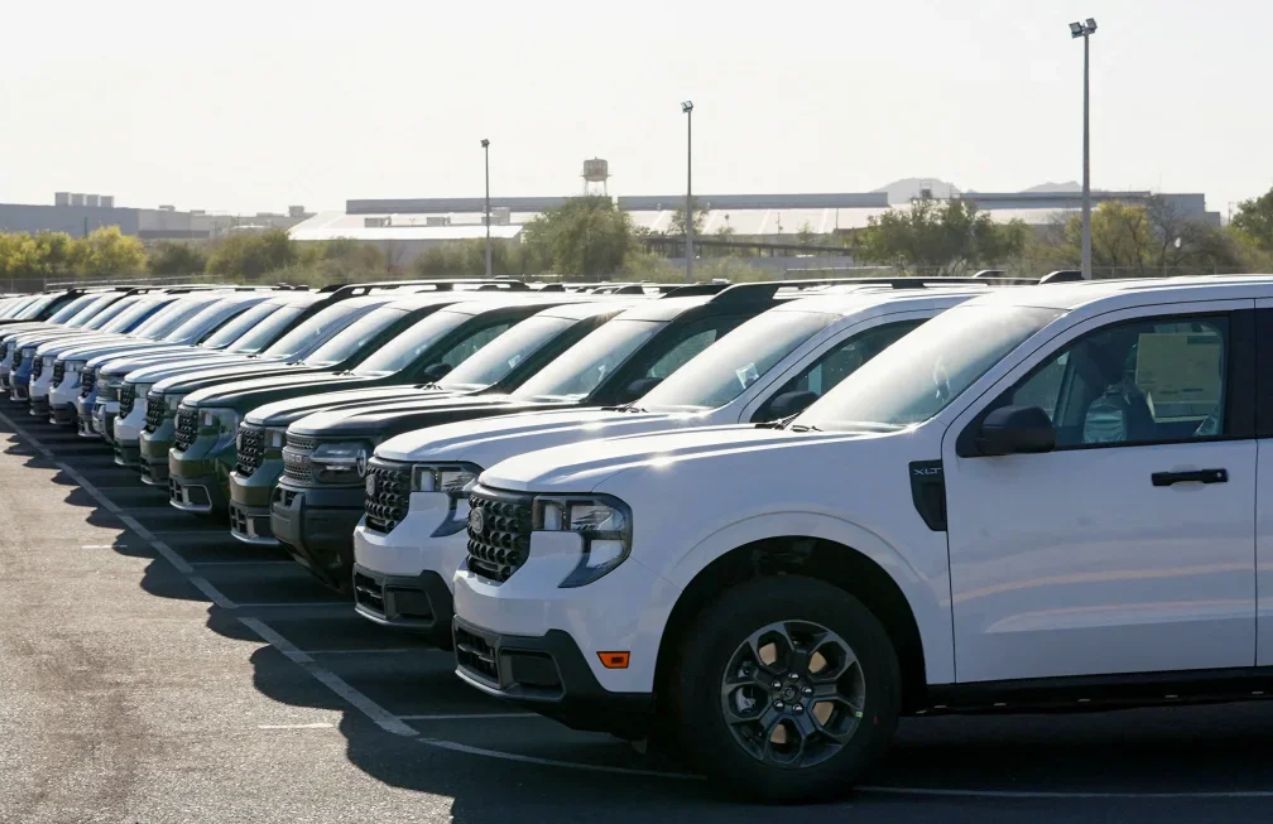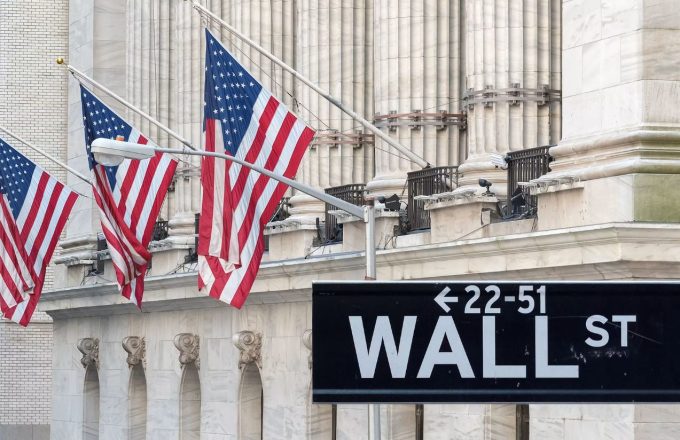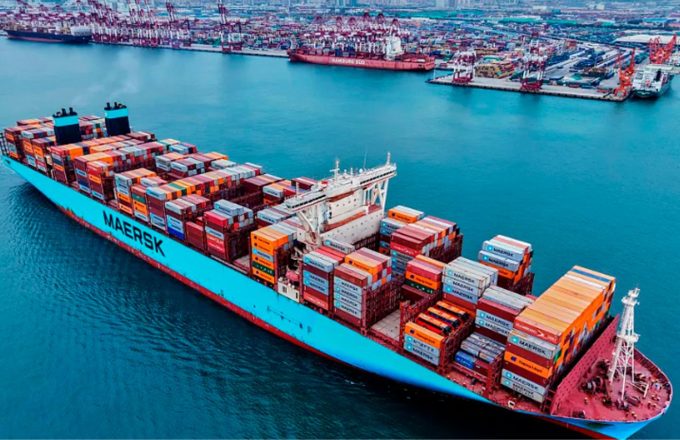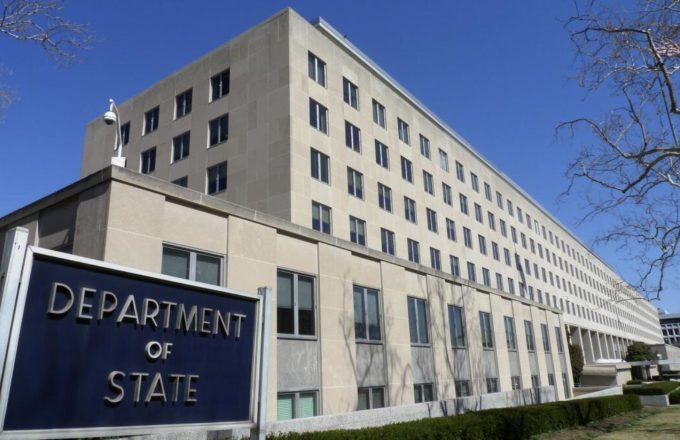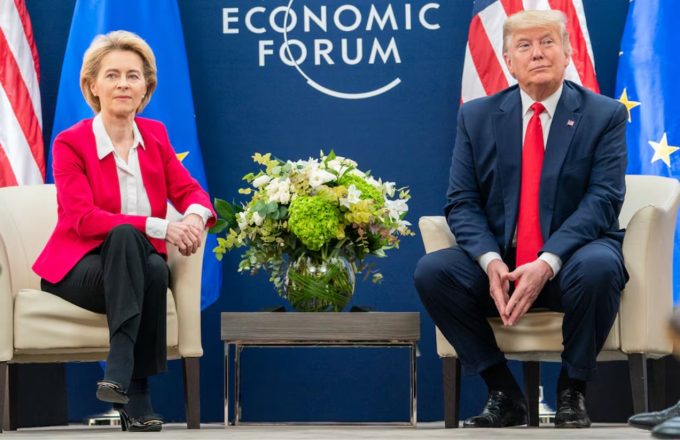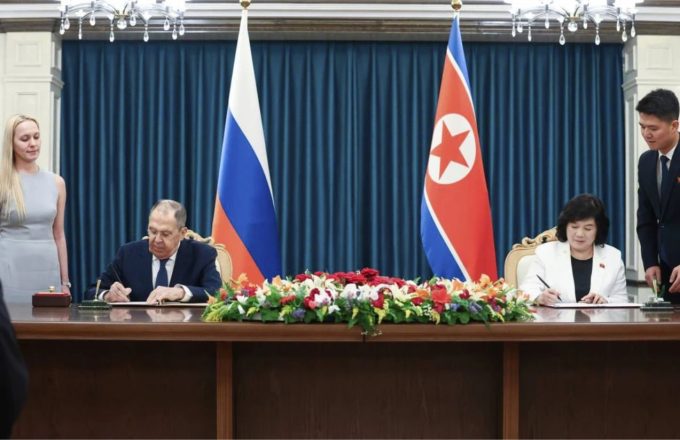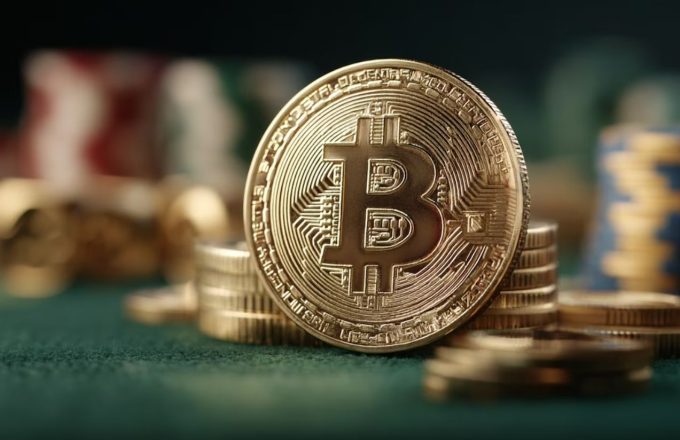Get ready to pay more for your next car. Car prices in the United States could increase in the coming weeks due to President Donald Trump’s decision to impose a 25% tariff on car imports and parts, starting April 3. This measure will raise the production costs of all vehicles sold in the country, whether imported or manufactured locally.
The impact will be immediate if the tariffs take effect. Similar plans were previously suspended or postponed, but this time the situation could be different. “It’s going to be expensive,” warned Ivan Drury, director of analysis at Edmunds.com, who noted that price hikes could come sooner than expected, even before the new production costs are reflected at dealerships.
The exact increase is uncertain, but Drury estimates it could be at least a few thousand dollars per vehicle. Even if manufacturers do not pass the full cost of the tariff to dealerships, they will find ways to compensate, such as reducing incentives. For example, eliminating financing with a subsidized 1.9% interest rate could increase the final cost for buyers by $6,000 to $7,000 per car.
Although these tariffs aim to boost U.S. manufacturing, cars made in the United States will also be affected, as they heavily rely on imported parts, mainly from Canada and Mexico. It is estimated that only 40% to 50% of the components in a car assembled in the country are of U.S. origin. As a result, a car with a production cost of $40,000 could become $5,000 more expensive due to tariffs.
Trump, however, claims that car prices will drop, as manufacturers will be incentivized to produce in the United States. Industry experts disagree, estimating that production costs could rise between $3,500 and $12,000 per vehicle, according to Anderson Economic Group.
“There will likely be no vehicle on the market today that is not affected by the tariffs,” said Peter Nagle, an automotive economist at S&P Global Mobility. Prices are expected to start rising within two weeks after the measure takes effect.
The additional cost of tariffs is just one factor in pricing. Car prices are largely determined by supply and demand. As a result, dealerships may start raising prices even before receiving new vehicles with higher production costs.
“Current dealership inventory just increased in value,” Drury explained. Knowing that upcoming shipments will be more expensive, dealerships are likely to be less willing to offer aggressive discounts on their current stock.
Another factor that could drive prices up is a reduction in vehicle availability. Manufacturers may slow production while waiting to see if the tariffs remain or impact demand. A lower supply of new cars could push prices higher, as seen in 2021 with the semiconductor chip shortage, which led to a 17% increase in new car prices and a 32% increase in used car prices in a single year.
Jonathan Smoke, chief economist at Cox Automotive, warns that if the tariffs take effect in April, vehicle production in North America could decrease by 20,000 units per day, representing a 30% drop in production. “Less production, lower supply, and higher prices are just around the corner, similar to 2021,” he concluded.
April 3 could become a turning point for the automotive industry if the tariffs take effect, impacting both manufacturers and consumers and leading to a widespread increase in car prices.


